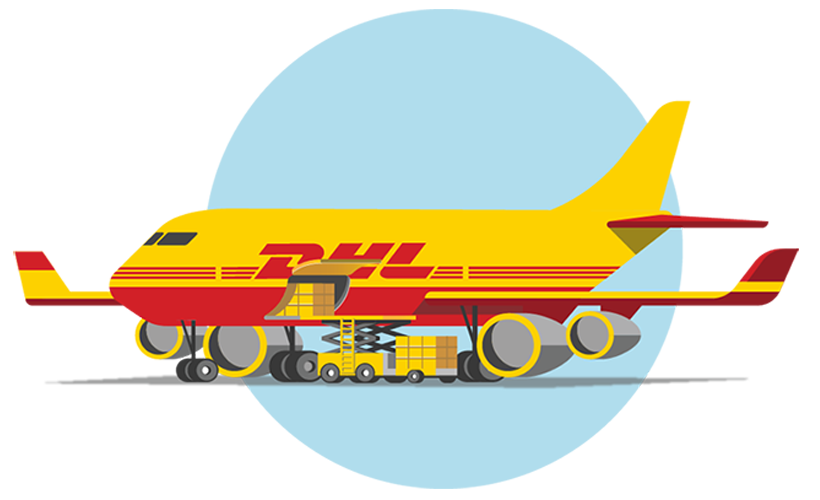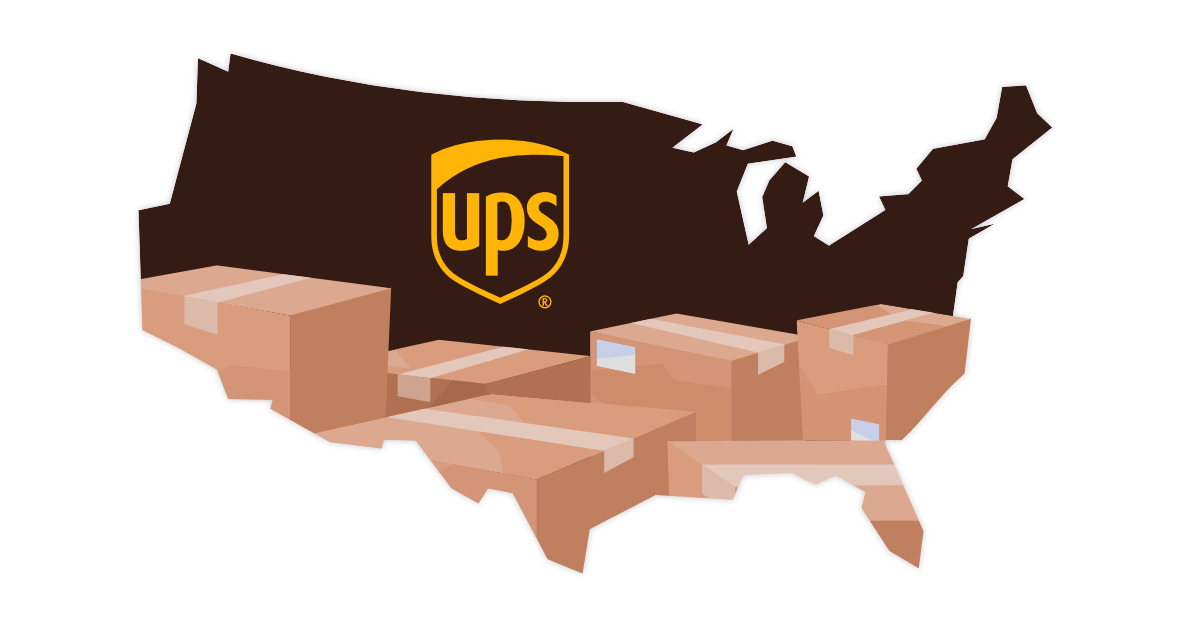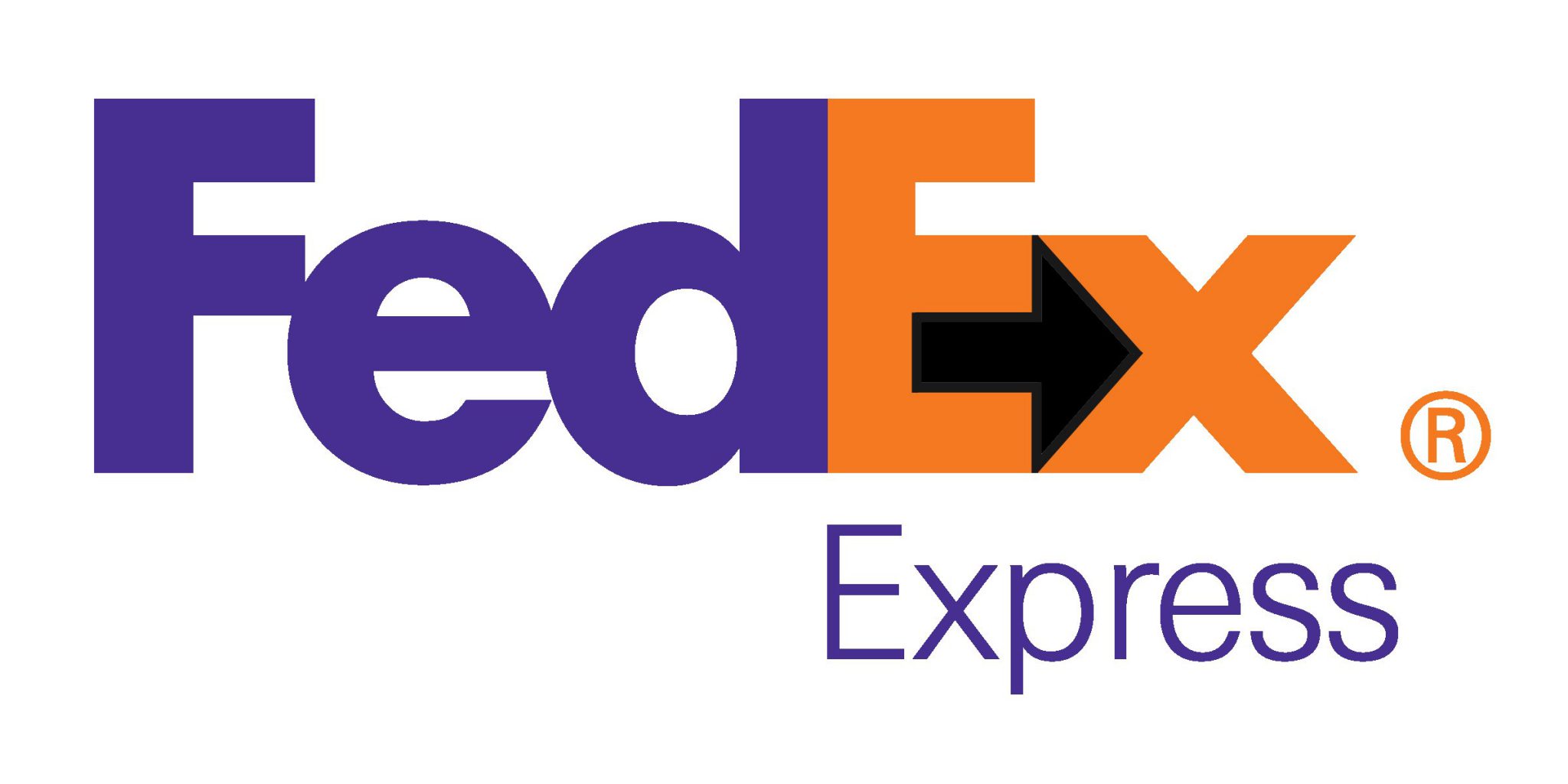Mining creates trust in a decentralized network where there is no trusted third party by ensuring that transactions are confirmed only when enough computational power has been committed to each approved block. As more blocks are accepted on the chain, trust increases even more. This way, practically speaking, transactions committed to the Bitcoin network are permanent, they cannot be reversed. The live Bitcoin price today is $62,269.00 with a 24-hour trading volume of $27.69B. The price of BTC is down -0.02% since last hour, down -1.28% since yesterday.
Visa Unveils VTAP: Is it Time to Buy After its Bold Blockchain Move?
Bitcoin runs on a decentralized, peer-to-peer network, making it possible for individuals to conduct transactions without intermediaries. Transactions are transparent and secure thanks to the underlying blockchain technology, which stores and verifies recorded transaction data. Miners validate transactions by solving complex mathematical problems with computational power.
The global crypto market cap is $2.17T, a 1.18% decrease over the last day. It also makes it harder to distinguish transaction participants on the public distributed ledger by combining single-signature and multi-signature transactions into a single verification process, thereby enhancing privacy. That said, some service providers that accept fiat and send BTC to user wallets may take longer than ten minutes to facilitate transactions. This may be due to waiting for fiat payments to settle, batch processing, or AML (Anti Money Laundering) regulations, among other reasons. However, the fact that its monetary policy is predefined and fully transparent has given it the status of a pristine financial instrument, traded under the ticker BTC on both centralized and decentralized exchanges. Bitcoin halving occurs approximately every four years, where the rewards given to Bitcoin miners for mining blocks are cut in half.
- Once the limit of 21 million BTC is reached, miners will no longer receive block rewards, but they will still receive transaction fees.
- The world of crypto now contains many coins and tokens that we feel unable to verify.
- Since old nodes will recognise the new blocks as valid, a soft fork is backward-compatible.
- Although this prediction is attractive to investors, keep in mind that bitcoin is a volatile asset, the price predictions are not guaranteed, and you shouldn’t invest what you cannot afford to lose.
BTC to USD converter
For example, if users A and B are disagreeing on whether an incoming transaction is valid, a hard fork could make the transaction valid to users A and B, but not to user C. In 2017, the SegWit upgrade boosted Bitcoin’s capacity by transforming how data is stored in blocks. Four years later, developers executed the Taproot upgrade, enabling Bitcoin to compete with smart contract platforms like Ethereum. Possible future upgrades could improve security through modifications called covenants and ramp up privacy with the use of sidechains. Bitcoin (BTC) is a digital asset – also called cryptocurrency – that allows people to transact directly with each other without intermediaries like banks.
Thanks to its proof of work algorithm, mining protects the protocol from disruption and interference, making it resistant to any form of modification or corruption. An asset that cannot become less scarce will likely perform well over time due to its supply and demand dynamics. In the beginning, miners could use moderately powerful devices like CPUs how project managers add value to the sdlc and GPUs.
Today’s Cryptocurrency Prices, Charts and Data
The first miner to find the solution receives a cryptocurrency reward, thus creating new bitcoins. Upon validation, the data is added to the existing blockchain, and it becomes a permanent record. Bitcoin provides an alternative way to transact that’s transparent and secure, redefining traditional finance. The miner that assembles a block before everyone else gets to validate and add the next block of transactions to the blockchain. Bitcoin mining is a competitive task, making it hard for anyone to consecutively add blocks of transactions. Miners are incentivized to do this work to earn the block reward, which is how new Bitcoins are minted.
Besides block rewards, miners also collect transaction fees which further incentivizes them to secure the network and verify transactions. A brief historyBitcoin was created in 2009 by Satoshi Nakamoto, a pseudonymous developer. Bitcoin is designed to be completely decentralized and not controlled by any single authority. With a total supply of 21 million, its scarcity and decentralized nature make it almost impossible to inflate or manipulate. For this reason, many consider bitcoin to be the ultimate store of value or ‘Digital Gold’. Bitcoin is fully open-source and operates on a proof-of-work blockchain, a shared public ledger and history of transactions organized into “blocks” that are “chained” together to prevent tampering.
Bitcoin markets
This is an amount that is yet to be reached, because Bitcoins are still being created as a reward for miners. Being the trailblazer and the first to appear on the market, Bitcoin is the ‘OG’ cryptocurrency that created a truly global community capable of making transactions without needing to trust the legacy financial system. Miners solve these puzzles and are allowed to create the next block of the blockchain. These new blocks are mined every ten minutes, and miners who create them are rewarded with a certain amount of Bitcoin. The genesis block had a reward of bitcoin trading for beginners 50 BTC, however, that reward has halved several times since.
According to data by the University of Cambridge, China is now the second-biggest contributor to Bitcoin’s global hash rate, only behind the United States. Each bitcoin has a complicated ID, known as a hexadecimal code, that is many times more difficult to steal than someone’s credit-card information. And since there is a finite number to be accounted for, there is less of a chance bitcoin or fractions of a bitcoin will go missing. The crypto community is placing bets on who could be named as the inventor of bitcoin cash outs arrive at 16000 atms in the uk bitcoin in new HBO documentary premiering on Tuesday. On the other hand, it is also the best-performing asset class since its creation, providing an annualized 230% return over that time, and many analysts still believe the best is yet to come.

























